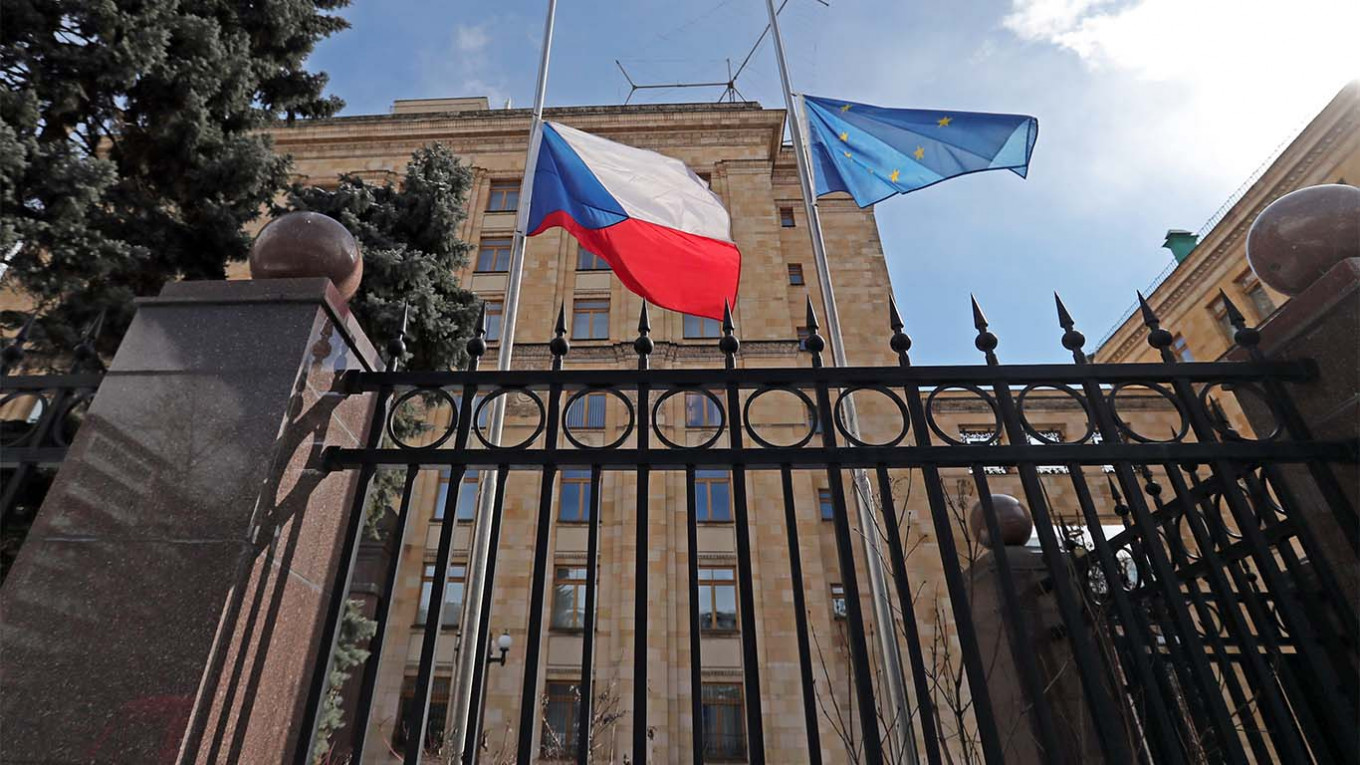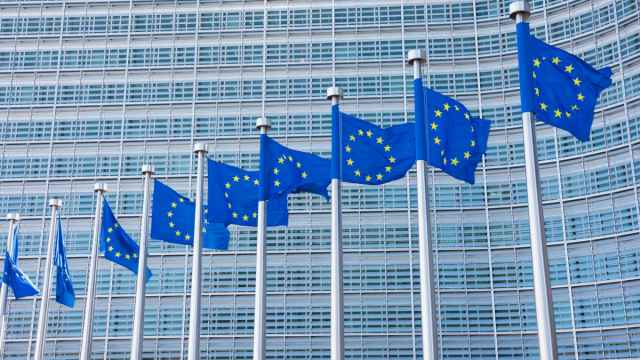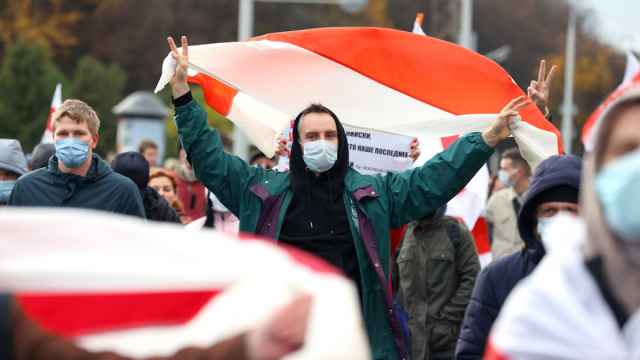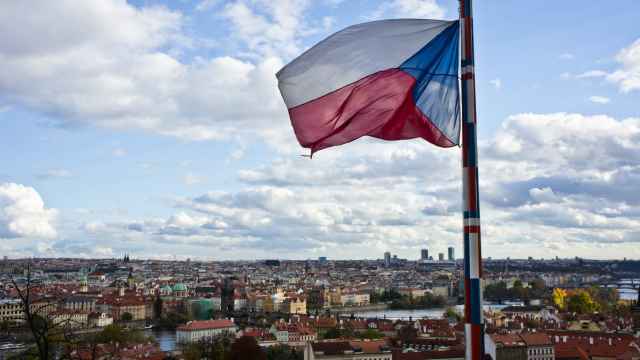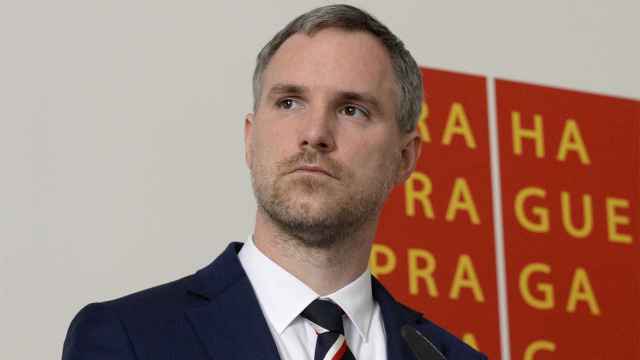Russia on Monday expelled two Czech diplomats, retaliating over the expulsion of two of its own embassy workers from Prague this month over a fake story about a poisoning plot.
The Russian Foreign Ministry summoned Czech envoy Vitezslav Pivonka and informed him that "two employees of the Czech Embassy in Moscow are declared personas non-gratae," it said in a statement.
"They are ordered to leave Russian territory with their family members" by end of day Wednesday, it said, calling the move a "mirror measure in response to Prague's provocative action."
An April report in the Czech weekly magazine Respekt claimed Russia had plans to poison officials in Prague after the removal of a controversial Cold War-era statue of Soviet general Ivan Konev, leading the mayor and several others to be placed under police protection.
Czech authorities on June 5 accused a Russian embassy employee of spreading the poison plot rumor and expelled two diplomats from the country.
Moscow dismissed the Respekt report as "sick fantasies" and described the expulsion of diplomats as a "hostile measure."
The Russian Foreign Ministry called accusations against its embassy workers "absurd and baseless," and had warned retaliation would follow.
Czech envoy Pivonka on Monday told Russian agencies that the two countries will hold consultations, with the Konev statue's potential restoration among the issues to be discussed.
"This is an expected and symmetric reaction to our steps," Czech foreign ministry spokeswoman Zuzana Stichova told AFP Monday, adding that the Czech side considers the problem to be "resolved."
Konev led Red Army troops that liberated Prague from the Nazis in 1945.
He was also in charge of Operation Whirlwind which crushed the Hungarian Uprising against Moscow in 1956.
The diplomatic explusions have further soured already strained relations between Prague and the Kremlin.
A Message from The Moscow Times:
Dear readers,
We are facing unprecedented challenges. Russia's Prosecutor General's Office has designated The Moscow Times as an "undesirable" organization, criminalizing our work and putting our staff at risk of prosecution. This follows our earlier unjust labeling as a "foreign agent."
These actions are direct attempts to silence independent journalism in Russia. The authorities claim our work "discredits the decisions of the Russian leadership." We see things differently: we strive to provide accurate, unbiased reporting on Russia.
We, the journalists of The Moscow Times, refuse to be silenced. But to continue our work, we need your help.
Your support, no matter how small, makes a world of difference. If you can, please support us monthly starting from just $2. It's quick to set up, and every contribution makes a significant impact.
By supporting The Moscow Times, you're defending open, independent journalism in the face of repression. Thank you for standing with us.
Remind me later.


